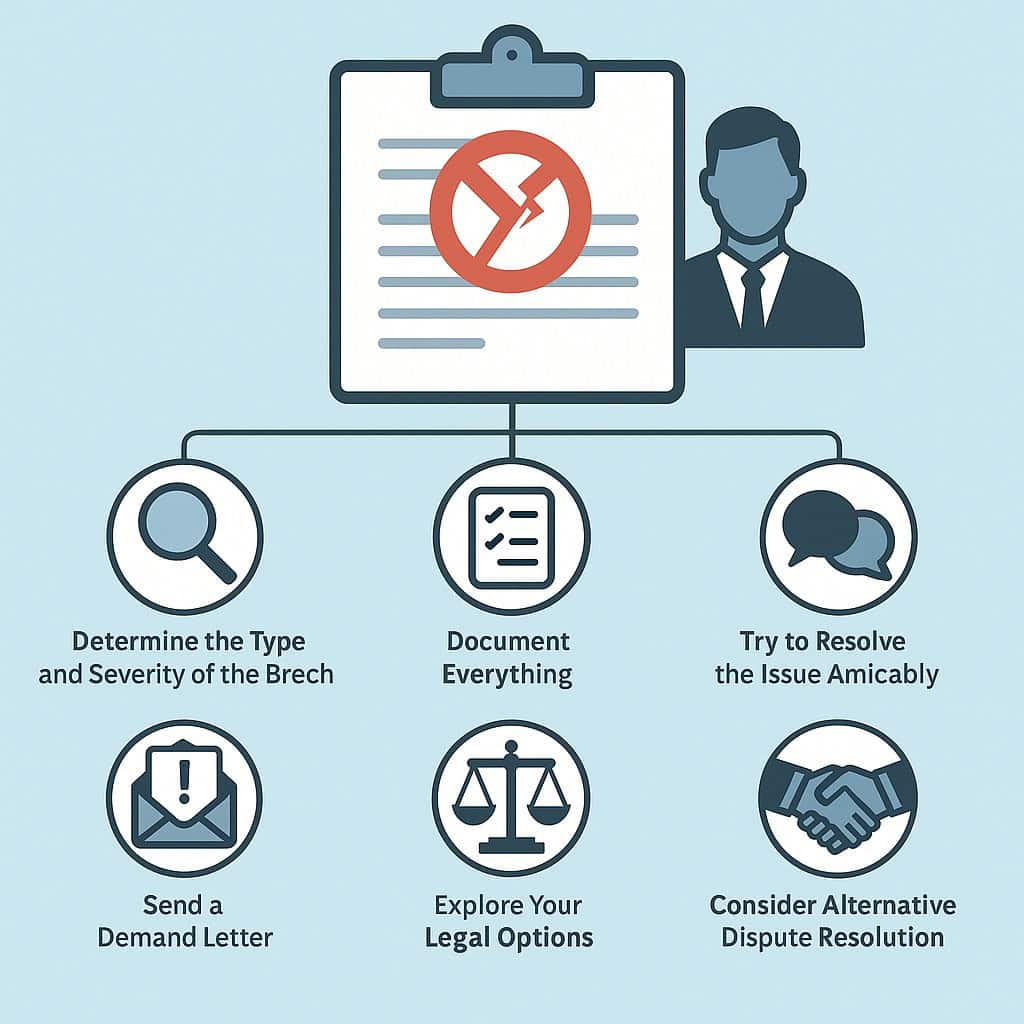
When someone breaks a promise outlined in a written agreement, the consequences can be both financially damaging and emotionally frustrating. Whether it’s a business deal, service arrangement, or real estate transaction, enforcing your rights begins with understanding the situation and responding strategically. To navigate these complex situations, many individuals turn to an experienced litigation lawyer who can help assess the breach, explore remedies, and pursue a resolution through negotiation or the courts.
Determine the Type and Severity of the Breach
Start by reviewing the contract in detail. A breach may be material, where one party fails to perform a central obligation, or minor, where the breach does not affect the overall intent of the agreement. The nature of the breach influences what legal remedies are available. Some contracts may even include a clause outlining acceptable delays or unforeseen circumstances, so it’s essential to check for force majeure or similar exceptions.
Document Everything
Keep a clear and organized record of the breach. This includes the original contract, all relevant communication (emails, text messages, letters), payment records, and any notes from verbal conversations. Documentation plays a crucial role in proving your case should you pursue legal action. It also helps establish that you acted in good faith and attempted to resolve the issue fairly.
Try to Resolve the Issue Amicably
Before jumping into a lawsuit, consider whether a direct conversation with the other party could lead to a solution. Many breaches are the result of misunderstandings or solvable disputes. In some cases, renegotiating terms or granting an extension may preserve a valuable business relationship while still meeting your core objectives. If you do reach a resolution, get it in writing.
Send a Demand Letter
If informal efforts fail, a demand letter is often the next step. This letter should outline the terms of the contract, specify how the other party has breached it, and describe the remedy you’re seeking. A clear, professional demand letter shows that you’re serious and may motivate the breaching party to take action to avoid litigation. It can also serve as evidence in future proceedings.
Explore Your Legal Options
When a breach causes measurable loss or damage, legal action may be necessary. Depending on the situation, available remedies could include:
- Monetary damages for lost income or expenses caused by the breach
- Specific performance, which asks the court to compel the breaching party to fulfill their obligations
- Contract cancellation and restitution, allowing you to walk away and recover losses
The path you choose depends on the contract’s terms, the financial impact of the breach, and whether ongoing performance is still possible or desirable.
Consider Alternative Dispute Resolution
Litigation is not always the best or only route. Mediation and arbitration are often faster and more cost-effective alternatives. These methods involve a neutral third party helping both sides reach a mutually acceptable resolution. If your contract includes an arbitration clause, this may even be mandatory before court action is allowed.
Conclusion
Responding to a contract breach requires a balance of strategic thinking, legal insight, and practical judgment. Whether you pursue settlement or court action, acting promptly and professionally increases your chances of recovering losses and protecting your interests.

